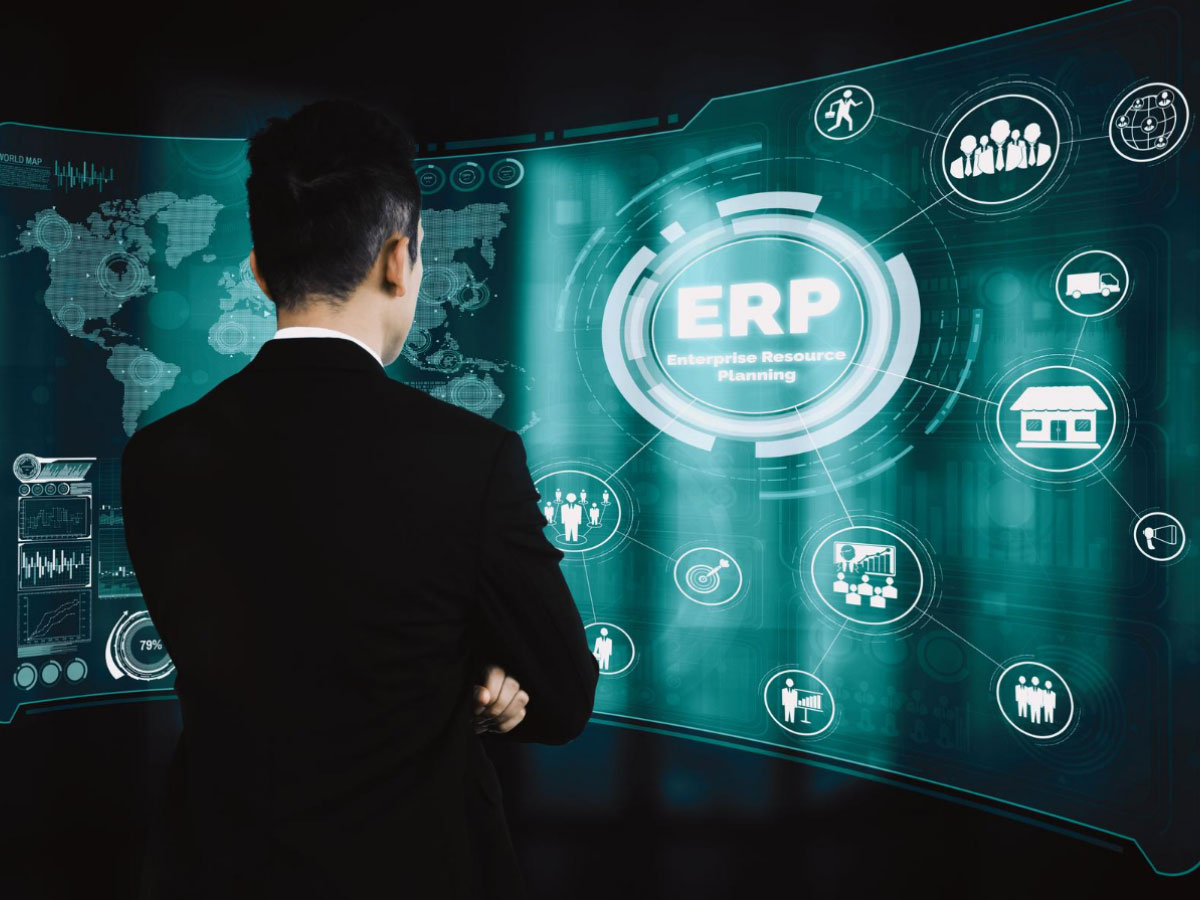Businesses that use enterprise resource planning (ERP) software to manage their operations are at risk of becoming obsolete in an ever-changing technology landscape. You need flexible tools and seamless systems to respond to market changes quickly. This is important for companies that want to grow in the future.
The technology supporting business management software must adapt to meet changing requirements of businesses. To improve the system, you can either reconfigure or replace the technology completely to make your ERP services more IT-agile so that they can respond to market changes better.
ERP agility is not something that can be achieved overnight. It requires the right foundation. To meet future market demands and technological advancements, organizations that have been stuck with legacy ERP systems must switch to a new strategy.
IT agility is a key ingredient to help businesses remain relevant in today’s volatile market environment. Organizations can adapt quickly to changing demand through technology-enabled ERP systems. IT agility is a must for companies that want to be more adaptive and responsive.
What is IT agility in ERP Software? How does it influence ERP renovation to meet modern business needs?
IT agility refers to the ability to adapt to changes and maintain the system’s capabilities to deal with uncertainties. IT agility in ERP software is the ability of an organization to quickly respond to opportunities using their business management system. The time between recognizing an opportunity and taking action is what determines how swift an organization can respond with its business management system.
Software renovation involves constantly adopting newer technologies in order to remain efficient. The legacy ERP systems are no longer able to support the various innovations in the field of business. They must be replaced by systems that can adapt to modern technology and meet organizations’ goals to keep pace with business changes.
The most important drivers of ERP’s IT agility
ERP systems must be agile in IT to ensure optimal business software operation. Software solutions that are well-defined and focused on ERP strategy will enable organizations to innovate and transform multiple business models. This will allow them to experience unconstrained growth fuelled by better technology. These are the main drivers for ERP’s IT development:
- Software functions are no longer relevant for their intended purposes
Businesses expand and face a multitude of new processes. They also need to hire more staff to support these operations. Companies need business management solutions to support expansion and use data to make critical decisions. Sticking to inefficient business management systems hamper this.
- Management of operations is expensive
Organizations that still use traditional methods of management or business software that do not get the job done often hire more staff and increase overhead costs.
- Insufficient insight
Effective decision-making requires that every organization has access to business information. This is a limitation that makes it difficult to work towards business goals and hinders business growth and profitability.
The bottom line is that you must choose the best ERP solution for your company to stay relevant in the ever-evolving business scenario.
ERP system integration using the right tools and technologies allows for high levels of agility across the company’s business processes. Modern systems are more efficient than ever at responding to changing market needs.
So, by hiring an ERP software company that is industry-ready, you ensure that your company is capable of handling any challenge. Make sure your service provider also prepares your business to handle business demands efficiently.
To enhance IT agility in ERP systems, companies must consider several advanced strategies beyond the basics. A modern, adaptable ERP system allows organizations to proactively respond to shifts in the market, ensuring their competitive edge. As digital transformation accelerates, IT agility is critical for both operational efficiency and strategic flexibility, empowering companies to drive innovation and adapt quickly to emerging trends.
One important driver of IT agility in ERP is cloud integration. Shifting ERP systems to the cloud can significantly improve scalability and reduce hardware dependency. Cloud-based ERPs offer seamless updates, improved data security, and real-time insights, all of which help businesses respond dynamically to changes. Furthermore, cloud integration supports remote work and collaboration across diverse teams, a necessity in today’s digital workplace.
Another key factor is artificial intelligence (AI) and machine learning (ML) integration. These technologies enable ERP systems to provide predictive insights, automate repetitive tasks, and improve data accuracy. With AI-driven ERP systems, companies can make data-backed decisions faster, streamline operations, and uncover new growth opportunities.
In conclusion, a flexible, technology-driven ERP system that includes cloud and AI capabilities is essential for modern businesses aiming to stay resilient and future-ready. By prioritizing IT agility, companies not only strengthen their ERP functionality but also enhance their ability to adapt and thrive in a rapidly evolving business landscape.


